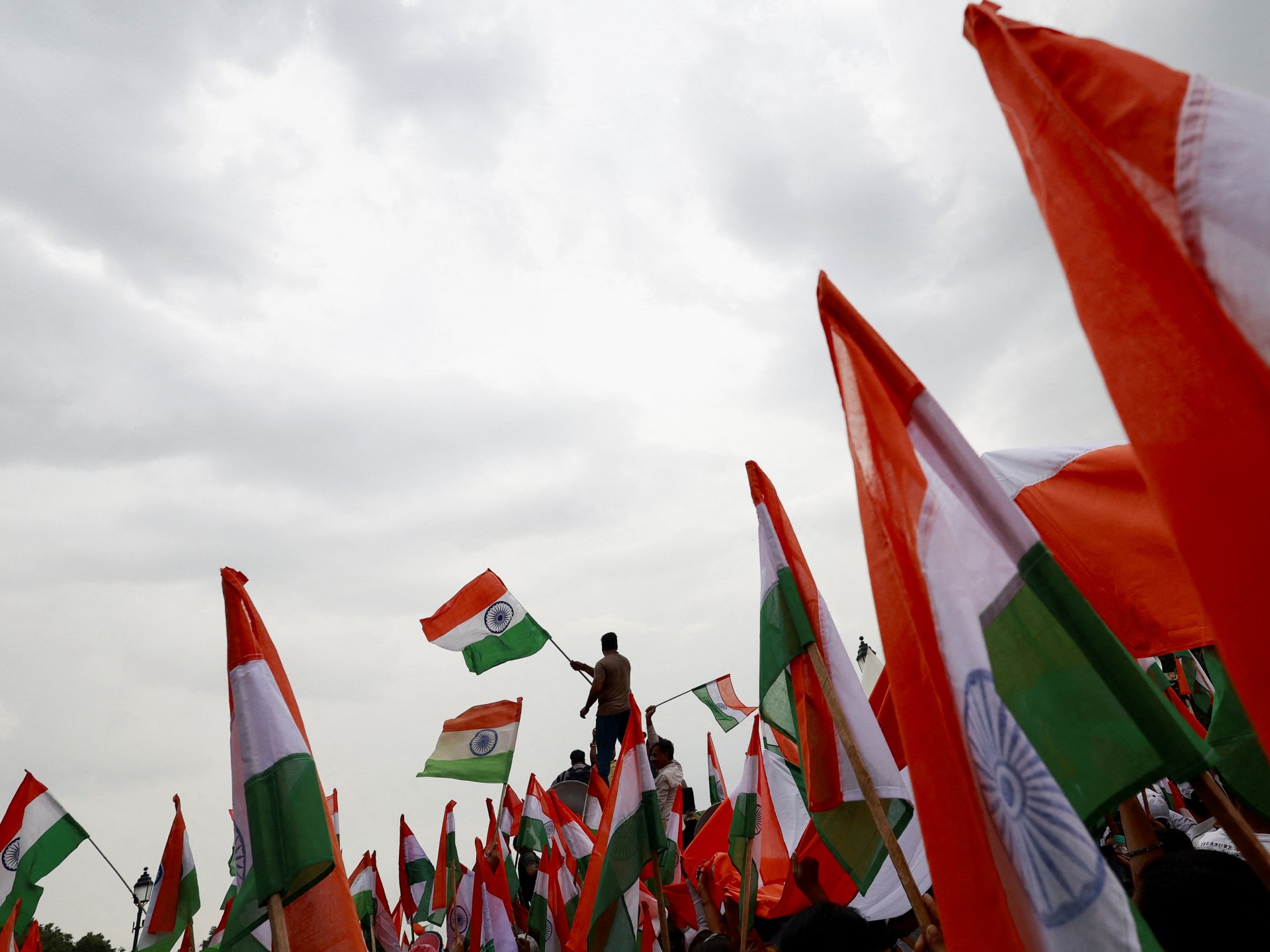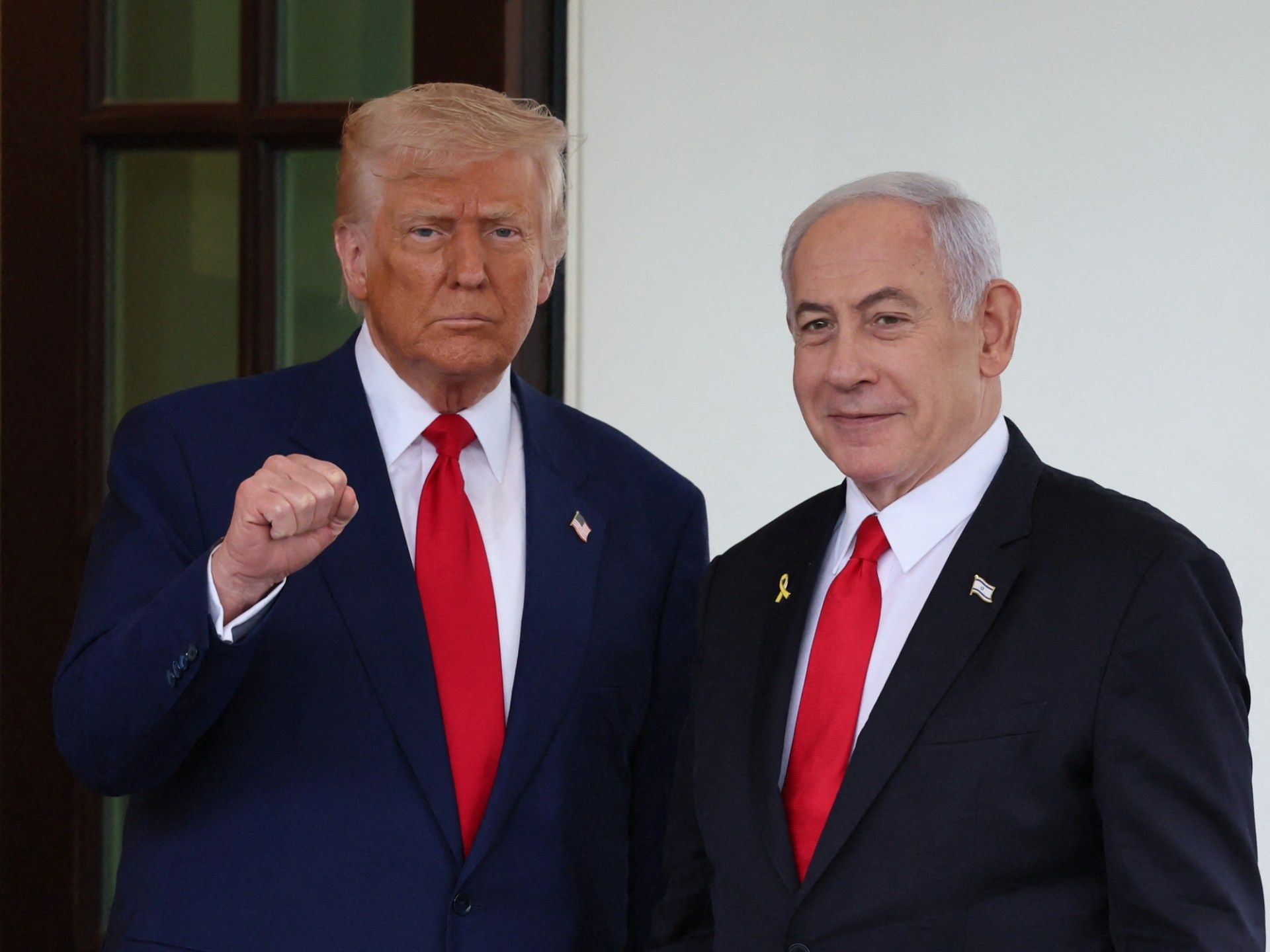India’s ‘new normal’ of perpetual war will damage its democracy | India-Pakistan Tensions
On May 12, two days after the announcement of a ceasefire between India and Pakistan, Indian Prime Minister Narendra Modi finally addressed the nation. He stated that the Indian army had only “paused” military action and Operation Sindoor, launched in the aftermath of the April 22 massacre in Pahalgam to target “terrorist hideouts”, had not ended.
“Now, Operation Sindoor is India’s policy against terrorism. Operation Sindoor has carved out a new benchmark in our fight against terrorism and has set up a new parameter and new normal,” he said.
Modi’s speech was clearly not meant to reassure the Indian people that the government can guarantee their safety or security and is seeking peace and stability. Instead, it was meant to warn that the country is now in a permanent warlike situation.
This new state of affairs has been called not to secure the national interest but to satisfy Modi’s nationalist support base, which was bewildered and disappointed with the announcement of the ceasefire by United States President Donald Trump. The detrimental impact that this new militarised normal will have on Indian democracy is clearly a price worth paying, according to the ruling Bharatiya Janata Party (BJP).
The truth is, the political establishment unwittingly put itself in a difficult position when it decided to capitalise politically on the aftermath of the Pahalgam attack in India-administered Kashmir and whip up war fervour.
While victims of the attack like Himanshi Narwal, who survived but lost her husband, navy officer Vinay Narwal, called for peace and warned against the targeting of Muslims and Kashmiris, the BJP called for revenge and embraced anti-Muslim rhetoric.
As a ruling party, it did not feel the need to take responsibility for failing to prevent the attack or explain the carelessness in securing tourist destinations. It immediately converted this act of killing into an act of war against India.
Actions followed the hate rhetoric swiftly. Muslims and Kashmiris were attacked in several parts of India, and arrests were made of those criticising the Indian government. In Kashmir, nine houses were blasted immediately as punishment of those who had any link with “terrorists”, and thousands were detained or arrested. People with Pakistani passports were deported, and families were broken.
Then, Operation Sindoor was announced. The Indian army’s targeting of Pakistani sites was accompanied by frenzied calls from the mainstream media for the complete obliteration of Pakistan. Major TV platforms – entirely falsely – declared the Karachi port had been destroyed and the Indian army had breached the border.
The war cries and fake news emerging from the TV studios and the frantic messaging from the IT cells of the BJP led its supporters to believe that a decisive battle against Pakistan had been launched and its fall was imminent.
In parallel, critical voices were swiftly silenced. The Indian government requested the blocking of 8,000 accounts from the social media platform X, including those of BBC Urdu, Outlook India, Maktoob Media, veteran journalist Anuradha Bhasin and political content creator Arpit Sharma.
Just when war fever had gripped the BJP’s support base, the sudden announcement of a ceasefire by the US caught them by surprise. The truce was seen as a retreat and an admission of weakness.
Some of the BJP’s online supporters turned on the foreign secretary, Vikram Misri, who had declared the ceasefire as the representative of the government of India. He was viciously attacked, and his timeline was flooded with abusive and violent messages, calling him a traitor and coward. His daughter also faced abuse.
The trolling was so severe that Misri had to lock his social media accounts. Interestingly, but unsurprisingly, we did not hear about the blocking of any social media accounts trolling him or any action by the police against them. There was no action to protect Narwal either after she faced abuse and humiliation by the same crowd for daring to call for peace.
Meanwhile, the Association for Protection of Civil Rights, which focuses on rights violations in marginalised communities, has released a report saying 184 hate crimes against Muslims – including murder, assault, vandalism, hate speech, threats, intimidation and harassment – have been reported from different parts of India since April 22.
On Saturday, Misri claimed that India was a democracy that allowed criticism of the government. But the experience of critics raising questions about the objective and efficacy of Operation Sindoor has been bitter.
Criticism of government requires parliamentary deliberation. But the government has been ignoring calls by opposition parties to convene the parliament, which means stalling democratic dialogue.
Now that the prime minister has announced the operation has not ended, total loyalty from the Indian people will be demanded. Opposition parties would feel compelled to suspend all questions to the government. Muslims would feel a burden to prove their allegiance to the nation. The government will happily blame a dire economic situation that is of its doing on the war. There will be freedom of speech, but only for those who speak in favour of the BJP.
Democracy in India thus remains in suspended animation as the country now faces a permanent enemy and a permanent war.
The views expressed in this article are the author’s own and do not necessarily reflect Al Jazeera’s editorial stance.

